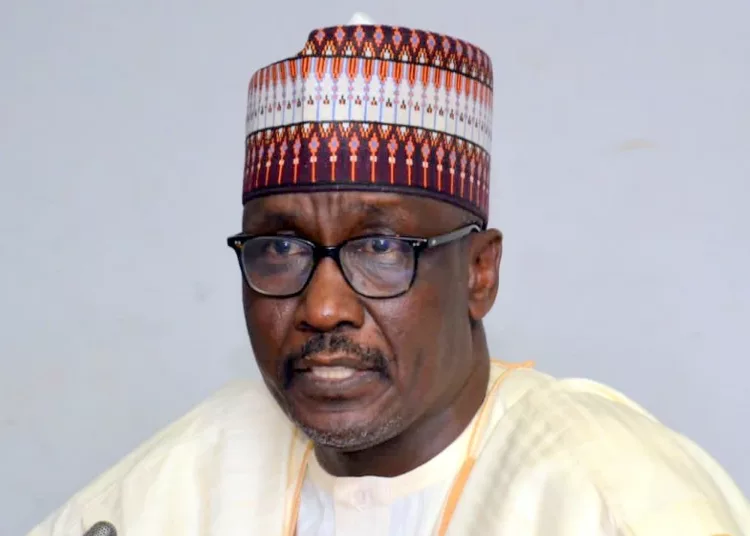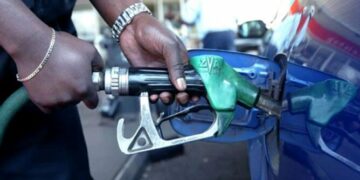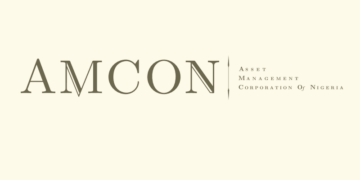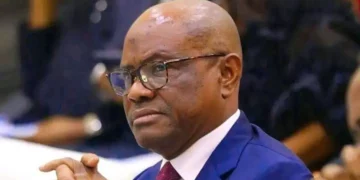A section of downstream operators has appealed to President Bola Ahmed Tinubu to intervene in the activities of the Nigerian National Petroleum Company Limited (NNPC), the Depots and Petroleum Products Marketers Association of Nigeria (DAPPMAN) and the regulatory agency, Nigerian Midstream and Downstream Petroleum Regulatory Authority (NMDPRA).
Their appeal came yesterday as petrol scarcity at retail outlets in the Federal Capital Territory (FCT), Abuja, and other major cities across the country took a worrisome dimension.
Some of the independent marketers who spoke on the issue with journalists accused oil giant, NNPCL, the tank farm owners and the NMDPRA of frustrating seamless distribution to retail outlets.
One of the marketers who opted to speak under anonymity claimed that NNPC, being the sole importer of the products now, put the independent marketers whom they noted have the largest retail outlets in the country at the mercy of the DAPPMAN (the tank farm owners).
Investigation revealed that the NNPC, the sole importer, gives the Premium Motor Spirit (petrol) to the private depot owners operating under the aegis of DAPPMAN at an ex-depot price of N556.5 per litre.
Further checks, however, revealed that the tank farm owners sell to marketers at N700 to N740.00, leaving them with little or no profit margin to sell at filling stations.
Recalling the previous experience in the sector when the NNPC used to release petroleum products allocation to tank farm owners for distribution to marketers with a benchmark on price, the industry operators called on the federal government to sanitise the distribution chain by prevailing on the NNPC and its regulatory arm, the NMDPRA to insist on an Ex- depot price for the tank farm owners.
They said, ” What we used to have in the past was an arrangement where the NNPC gave allocations meant for independent marketers to the private depot owners to sell to marketers with a benchmark, a reasonable price.
“Now, the independent marketers have no allocation, and they are at the mercy of the tank farm owners. A situation with no ex-depot price won’t augur well for the industry. Private depot owners now sell at N800 to those of us who will sell at retail outlets to ordinary Nigerians.
“We are the ones Nigerians are accusing of hoarding products and selling at exorbitant prices.
“Instead of the midstream regulatory agency to do its job by beaming the searchlight on the activities of the tank farm owners, by insisting on Ex-depot price they are using the marketers as scapegoats.'”
“There is a plot in the sector that is creating problems for President Bola Ahmed Tinubu. He must show the determined will to break their rank. How many stations do tank farm owners have? But they are making huge profits to the detriment of Nigerians.”
The marketers who expressed the hope that giving the necessary incentives to the Dangote Refinery would go a long way in addressing the shortfall in product availability also called on the federal government to make the four refineries work to put an end to product importation.
However, commenting on the fuel supply situation in the country, stakeholders said Nigeria is not likely to exit the current glitch in the supply and distribution of PMS, following unaddressed critical fiscal policies that are further compounded by the dearth of infrastructure.
The government’s capping of the pump price of petrol has further fueled suspicion of the sincerity of the widely announced subsidy removal by President Bola Tinubu in May last year.
Industry players and analysts believe the federal government still bears subsidy payments.
Experts in the petroleum industry sector have also cautioned that the expected downward pricing of refined products from the Dangote refinery may not be feasible as the cost of crude, whether supplied locally or in local currency, would be priced about the international benchmark.
Speaking with SUNDAY LEADERSHIP, Henry Adigun said as of July 31, 2024, the landing cost of petrol is N1,100 per litre, aside from the associated costs of trucking the product to dispensing outlets.
Adigun, speaking with our correspondent, said that Nigerians should not expect a low-priced product from Dangote refinery given that the facility’s products are of high premium quality and the crude pricing supply to the refinery is not lower than what it is sold in the international market.
According to him, the Nigerian National Petroleum Company Limited (NNPC) is not going to sell crude below the cost of production, and since crude is an international product, Nigeria must be guided by international best practices.
He also warned about ongoing subsidies on petrol, which has made the market uncompetitive, which he also said would continue to create disruptive supply arrangements.
In his submission, Adigun called for a substantial review of fiscal policies that will entrench competition and a strong regulatory environment.
He said that marketers have ignored calls to import products because the market is not competitive and foreign exchange is inaccessible.
According to him, the government has not allowed market fundamentals to determine the price of petrol and as such, if they import at a higher price, who will pay the difference?
He said that because the government has a special arrangement with the Nigerian National Petroleum Company Limited (NNPCL) as the importer of last resort, they could grant them some waivers to compensate for the loss.
Earlier in his review of the Downstream market, another industry expert Taiwo A. Ogunleye, said petroleum has remained an important part of both the world’s energy mix and the global economy and keystone of our modern energy system helping to drive the global economy.
Petroleum plays an essential role in shaping our lives from fuelling vehicles and generating electricity to producing a wide range of everyday products.
The petroleum industry involves a wide range of commercial activities from the exploration of reserves deep in the ground to the sale of the final product to the end customer.
The industry is frequently shown in the form of a ‘value chain’, specifically a set of activities performed sequentially in order to deliver a final product, and includes upstream, midstream and downstream sectors.
Ogunleye, also spoke on regulatory issues as key to creating efficiency and transparency in the value chain.
They attributed the current scarcity to low volume resulting in rationing to marketers.
Although they agreed that products are available but not in large quantities, the dearth of infrastructure further compounds distribution across the country.
Regarding the situation, Ahmed Fashola, Vice President of the Independent Petroleum Marketers Association of Nigeria (IPMAN) said accessing products by independent marketers is a big challenge because they are currently on zero allocation from NNPC.
Fashola said it is becoming expensive to access products from third-party marketers due to the hike in ex-depot prices.
According to him, a 33,000-litre tanker purchase requires about N25 million from a third-party facility.
On the other hand, if they access directly from the NNPCL, 45,000 litres will cost about the same amount, and so the difference is huge and not commercially viable.
“Most of our members have shut down because they cannot afford the cost, and another factor is that the NNPC portal is experiencing hitches and is not always readily available to make purchases and payments,” he explained.
Also, the general secretary of Petroleum Dealers Association of Nigeria, (PEDAN), Ibrahim Yahaya, confirmed to our Correspondent that there is petrol availability but reaching the depots has been the problem.
Yahaya, said the NNPCL is making frantic efforts to normalise the situation.
On his part, the Executive Secretary of the Major Energy Marketers Association of Nigeria (MEMAN), Clement Isong, expressed concerns about the report of scarcity.
He told our Correspondent he was not aware of any scarcity but there could be some supply hitches.
Also reacting to the situation, Billy Gillis-Harry, President of the Petroleum Products Retail Outlets Owners Association of Nigeria (PETROAN), attributed the issue to subsidy removal, which is very costly for the NNPCL to manage.
Gillis-Harry, also said the cost of hiring marine vessels by marketers to evacuate products from big vessels on the high sea is expensive as they charge in dollars.
At the same time, he said apart from the high exchange rate, scarcity of forex is equally compounding the situation.
He further stated that the varied pump prices being experienced are due to landing and logistics costs, which raise the cost to over N1 300 a litre, and the government would want the pump price to not exceed N600 a litre.
This, he said, is putting enormous pressure on the NNPC and exacerbates the situation more.
Recall that the NNPC in a statement signed by its Chief Corporate Communications Officer (CCCO), Olufemi Soneye, read: “The NNPC Ltd wishes to state that the tightness in fuel supply and distribution witnessed in some parts of Lagos and the FCT is as a result of a hitch in the discharge operations of a couple of vessels.





